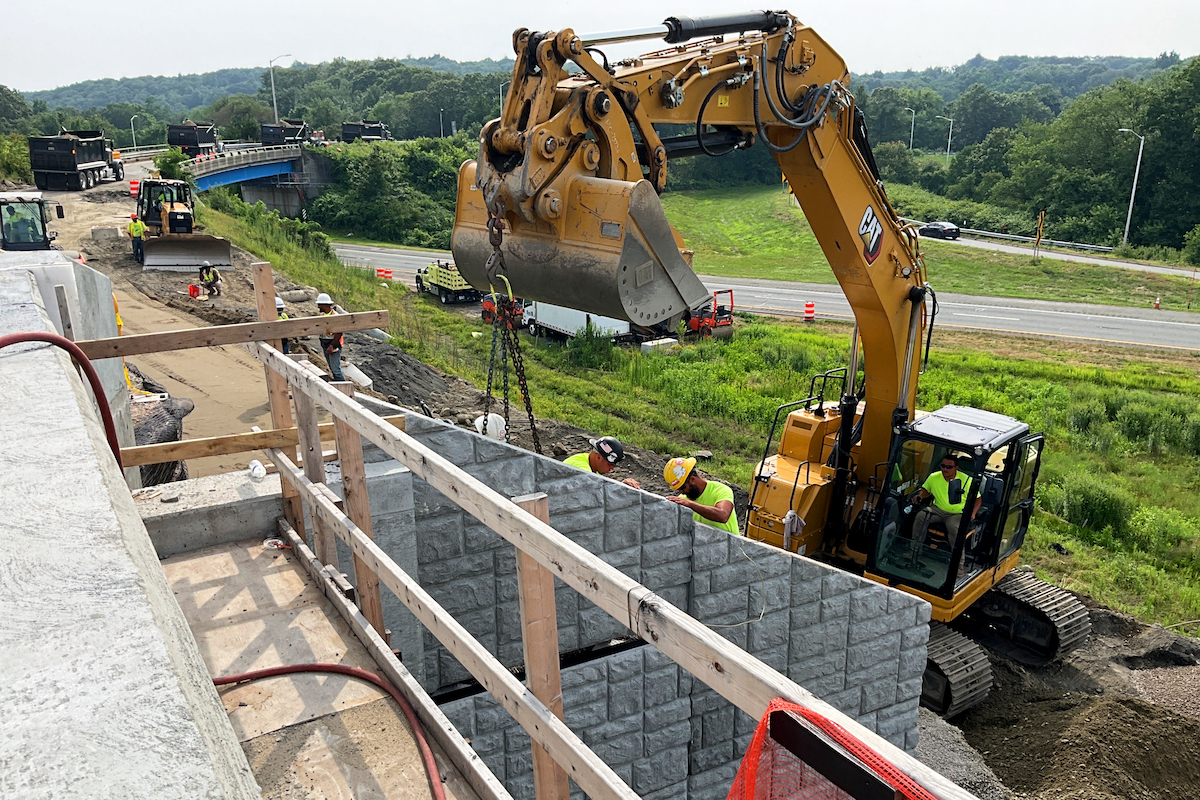The construction industry is growing increasingly competitive, with new contractors entering the market daily and the demand for skilled workers rising. For contractors, hiring and retaining employees is crucial. A performance-based incentive plan is one of the most effective strategies for driving business profitability and growth.
To attract and retain top talent, employees must feel they contribute to the company's long-term success. While high-performing employees are often driven by their own high standards, a performance-based incentive compensation package can further motivate them to maintain peak performance.
Often, companies have profitable years and allocate bonuses and other incentive payments based on arbitrary and subjective criteria. However, does it make sense to implement an objective reward system to identify high performers and provide them with the highest level of incentives, truly rewarding them for their contributions?
To establish a successful performance-based compensation plan, a company must first set a corporate-level funding formula. This formula begins with determining a minimum level of profitability before any incentives are contemplated. This minimum must account for factors such as equity, working capital for bonding and banking, investment in capital assets, debt service, and owners’ return on equity.
Once this baseline profitability is established, the company can determine employee incentive pool levels. These pools typically include deferred compensation, retirement and profit-sharing contributions, and bonuses. At each incremental tier of higher profitability, incentives are funded at a larger percentage.

| Your local Case Construction Equipment Inc dealer |
|---|
| Beauregard Equipment |
| Monroe Tractor |
This tiered approach encourages employees to continuously strive for higher profit margins by controlling expenses, increasing sales, and enhancing efficiency and profitability on projects — ultimately leading to greater profits for the company.
A performance-based incentive plan is constructed to tie compensation to the specific impacts employees make directly. For construction companies, this might include a variety of rewards such as cash bonuses, commissions, profit sharing, stock options, and other performance-based incentives.
The objective is to motivate workers not just to complete their daily tasks but to exceed expectations and think in ways that enhance the company’s overall success. A well-structured incentive plan should be objective and tailored to the specific roles within the organization, covering a range of areas from individual performance to team and company-wide goals.
These plans aim to enhance worker productivity by incorporating various incentives, which can be paid immediately or deferred to a future date. Whether discretionary or targeted to individual employees, work crews, branches, profit centers, or the organization as a whole, an effective performance-based incentive plan should specifically identify and incrementally reward the top performers.

| Your local Wirtgen America dealer |
|---|
| United Construction & Forestry |
| WI Clark |
With an effectively constructed performance-based incentive plan, employees should clearly understand the expectations to qualify for incentive compensation. To earn such compensation, it’s important to explicitly outline minimum performance standards that connect corporate goals with managers’ and supervisors’ performance objectives. Incentive compensation plans should be customized to meet a company's specific needs and goals. A performance-based plan establishes well-defined objectives that managers must achieve to receive the incentive.
We collaborate with contractors to design performance-based plans utilizing Critical Success Factors (CSFs) and Key Performance Indicators (KPIs). CSFs represent the essential processes that must be executed correctly to achieve management objectives and business success. KPIs are specific, measurable activities that, when accomplished, lead to the desired performance needed to achieve CSFs.
These well-documented and time-tested concepts have been successfully applied to the construction industry. For example:
- A CSF for a project manager might be completing a project on time and within budget.
- A KPI for this role could be tracking and updating cost-to-complete reports monthly to prevent project cost overruns.
In designing these plans, CBIZ has determined that contractors should focus on five critical areas when setting CSFs and KPIs:
- Operations
- Financial
- Business development
- Employee satisfaction
- Customer satisfaction

| Your local Hyundai dealer |
|---|
| Equipment East |
Meeting the objectives set in the performance plan in the above critical areas will maximize company success, which is measured as an overall return on investment in the plan. We use the concept that what can be measured can be managed. When measuring the plan through CSFs and KPIs, a company can monitor (manage) its employees’ progress toward meeting the performance plan objectives.
Although performance-based plans are primarily objective, we recognize the necessity for some discretion and subjectivity to maintain flexibility. High performers are often assigned to more complex projects, justifying the need for a subjective component. Including discretionary and subjective elements in the plan allows a company to reward employees based on their overall value and contributions to the projects and the company, not solely on measurable outcomes.
Many incentive plans fail because they become too complicated or time-consuming to manage. Over the years, we've collaborated with construction companies to simplify the administration of these plans, ensuring they stay effective without becoming an administrative burden.
If you’re considering introducing a performance-based incentive plan in your construction company or improving an existing one, now is the time. A well-designed incentive system can significantly boost productivity and employee satisfaction, assist in retaining employees, and increase company profitability.



































































